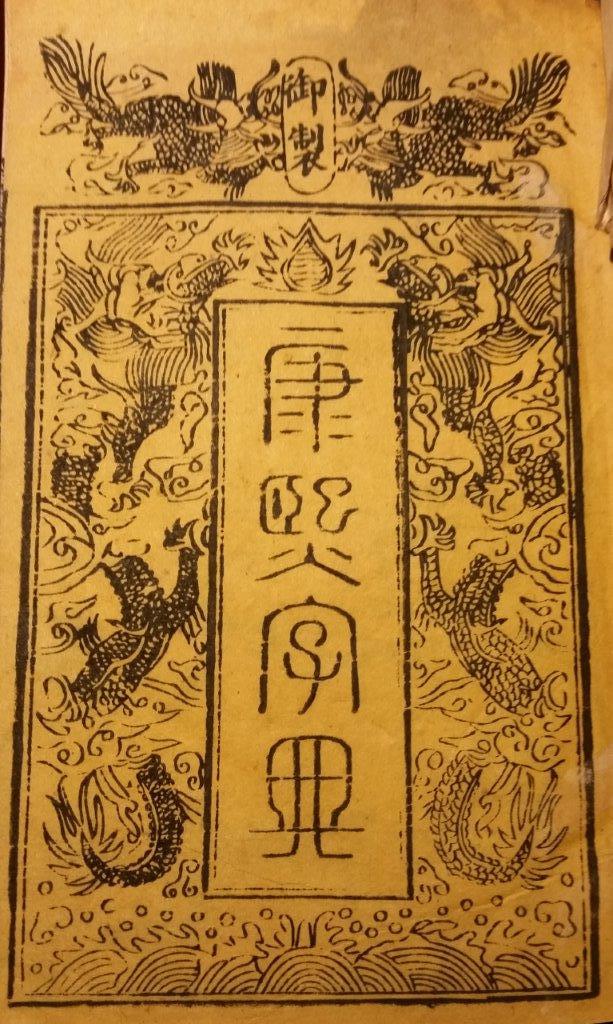Traditional Chinese characters - Wikipedia
It took yrs and yrs of development from the SIX basic principals.
Written Chinese - Wikipedia
Every word has more than a story to tell!
Welcome to ScubaBoard, the world's largest scuba diving community. Registration is not required to read the forums, but we encourage you to join. Joining has its benefits and enables you to participate in the discussions.
Benefits of registering include
语言的价值,在于更方便的传播,更精准的表述。LOL.
I have been to the mainland probably before you were born. There are better places and people to meet.
Can you write proper Chinese? Two thousand yrs of development.
LOL.语言的价值,在于更方便的传播,更精准的表述。
让更多人更容易得学会和使用。我并不反感繁体字,能看懂但写不来。
大陆这一边有大量的少数民族语言,也是历史悠久的产物。但大家都知道求同存异。
简体字+普通话,是我们这里唯一认可的通用语言。
我所生活长大的城市也有自己的口语---上海话。
但是,在上海的街头巷尾和陌生人沟通都是说普通话的。
----------------------------------------------------------------
The value of language lies in more convenient communication and more accurate expression.
Make it easier for more people to learn and use it. I don't dislike traditional Chinese characters. I can understand them but can't write them.
There are a large number of minority languages on this side of the mainland, which are also products of a long history. But everyone knows to seek common ground while reserving differences.
Simplified Chinese + Mandarin are the only common languages recognized here.
The city where I lived and grew up also has its own spoken language—Shanghai dialect.
However, when communicating with strangers on the streets of Shanghai, they all speak Mandarin.
There is NO error on the fundamental SIX principals.Those wishing to to have an understanding of Classical Chinese may wish to refer to China’s Orthographic Dilemma, which is open access and is available for download from Academia.edu free of charge.
Wikipedia has errors.

The full title of the book I referenced is China’s Orthographic Dilemma, The Logic Of Chinese Characters, Liu Shu Revisited. You will find that it discusses Chinese script reform during the 20th C and exposes some of the differences between classical, traditional, and simplified scripts. It does deal with Xu Shen’s 說文解字 and 六書 as suggested by its final subtitle.There is NO error on the fundamental SIX principals.
"Classical Chinese" was used solely on literature and eventually phased out. It was complicated to explain each word within the context eg. Confucian quotes.
Xu Shen.Xu Shen 許慎 (www.chinaknowledge.de)
Xu Shen 許慎 was a philosopher and commentator of the Confucian Classics during the early Later Han period (25-220 CE), and the author of the character dictionary Shuowen jiezi 說文解字.www.chinaknowledge.de
One of his classic book on explaining the development of about 9000 words.

Shuowen Jiezi - Wikipedia
en.wikipedia.org
显然你的话语,已经带有非常严重的攻击性了。LOL.
You are so ignorant/naive!!!
Have you ever travelled in other parts of the country? Many languages/dialects are spoken but when it comes to written words....
BTW, are you aware that plenty of peoples in china do not speak/understand Mandarin at all!!!
Finally, do you know how to use Western toilet seat properly?
The full title of the book I referenced is China’s Orthographic Dilemma, The Logic Of Chinese Characters, Liu Shu Revisited. You will find that it discusses Chinese script reform during the 20th C and exposes some of the differences between classical, traditional, and simplified scripts. It does deal with Xu Shen’s 說文解字 and 六書 as suggested by its final subtitle.

The author of the book I referenced uses the Kangxi dictionary extensively. The character forms that appear in the Kangxi Dictionary are used as the basis for classical script for comparison with traditional and simplified scripts.It is the language used in literature. It has nothing to do with the development of the written word.Classical Chinese - Wikipedia
en.wikipedia.org
I have to read a lot of that in secondary school.

Kangxi Dictionary - Wikipedia
en.wikipedia.org

